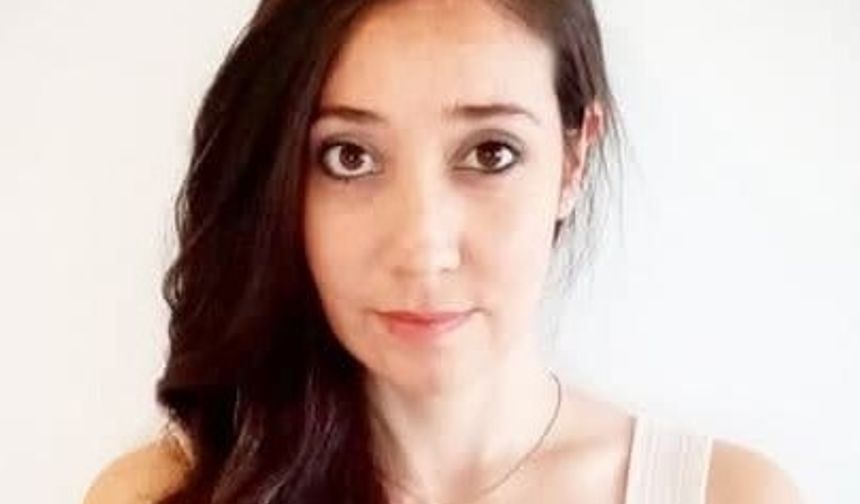Kuzushi (Japanese), one of the important principles of Judo which is the first example of modern martial arts, means breaking physical balance and destabilizing to defeat the rival. Noted for his Judo successes, Russian President Vladimir Putin's large-scale military buildup on the Ukrainian border since early December 2021 is essentially trying to destabilize the United States and its NATO allies, according to US diplomat Richard Haas. This crisis, however, might not only impose new sanctions on Russia, says Haas, but also confront Russia with a stronger NATO and a more anti-Russian neighbor. The situation on the ground is a bit more complicated. Many commentaries indicate that Putin has succeeded in revealing Europe's weaknesses, even if only by massing troops.
THE CRISIS HAS GONE BEYOND UKRAINE
The large-scale military build-up of Russian troops on the Ukrainian border serves primarily to reinforce Moscow's position against the United States and NATO in the negotiations on the European security architecture. In other words, Russia's move is mainly about the recognition of its sovereignty over Ukraine as well as other former Soviet Union countries and the augmentation of its influence over Europe. Russia's seemingly main objective is to prevent NATO from expanding to its detriment, i.e. to bring Ukraine into Russia's sphere of influence. However, although Ukraine is not a member of NATO and therefore not protected by the Alliance's mutual defense clause, the current crisis seems to have spread beyond Ukraine on the European and transatlantic axis.
Countries are also positioning themselves in response to the Russia-Ukraine conflict. While talks between Moscow and Beijing on "security support" continue, no consensus has yet been reached within NATO. Yet, images of European countries individually starting military maneuvers in Eastern Europe are being reflected from the field. Last week, the U.S. announced it would send 3,000 troops to Germany, Romania, and Poland, in addition to the 8,500 troops available for the NATO Response Force, to defend NATO countries against a possible Russian attack.
Nonetheless, this deployment appears to be a deterrent measure rather than a military intervention. As a matter of fact, Pentagon spokesman John Kirby emphasized that this was a temporary redeployment and said, "These forces will not fight in Ukraine; these movements are a clear message to the world that we are prepared to reassure our NATO allies and that we are committed to defending them against aggression." Therefore, no intervention is envisaged. It is only a matter of consolidating the "eastern front" of the Atlantic Alliance and reassuring the neighboring NATO countries, which fear the expansion of their territory against a possible invasion.
EU IS MORE DIVIDED THAN EVER!
There has been a widespread debate in recent days: Europe is really not on the table when it comes to dealing with the Russia-Ukraine crisis! But is this an indication that Russia is not taken seriously, or that the Union's ability to speak with one voice has diminished?
Obviously, the timing of the outbreak of this crisis, at a time when the agendas of the major European governments are full of their own domestic policies, is also an important factor. The 'scandals' of British politics, the election atmosphere in France, and the division of the German government coalition on the Ukrainian crisis… For some, Europe has different views on what Washington should do. This lack of unity means that Europeans are almost spectators to a crisis that could lead to a massive Russian invasion of Ukraine or a further division of Europe.
HOW TO UNDERSTAND THE KEY COUNTRIES OF EUROPE?
It is possible to see that the U.S. transition to a tougher power approach in response to Russia's threats to Ukraine has been well received by some allies in Central and Eastern Europe. Within the EU, the Baltic States and the Czech Republic have so far approved the sending of arms to Kiev. It is also reported that talks are being held in Poland for this purpose.
Britain, as the European actor who bears the heaviest burden when it comes to arms deliveries to Kiev, has shown that it has no intention of de-escalating tensions. However, the ongoing domestic political crisis in the British parliament also demonstrates that Boris Johnson's decisions are compelling for his rule.
In Northern Europe, on the other hand, military discord is relatively minor. While Denmark has bolstered NATO naval and air forces, Sweden has steadily increased its military presence and readiness on Gotland, a strategically important island for defending the Baltic Sea region. In fact, the region is situated at a strategic point where Russia has a leverage to put pressure on the West. Therefore, while Sweden, together with Finland, intensifies consultations and coordination with NATO, it also displays a willing posture on diplomatic efforts with Russia to reduce tensions.
The attitude of France, which is a very notable military power in the EU, ought to be considered in the frame of its desire to obtain strategic autonomy for Europe, acting independently from the U.S. The Macron administration, which seeks to take the leadership of European foreign policy, seems determined to pursue active diplomatic channels within NATO, the Organization for Security and Cooperation in Europe, the E.U. and finally in the Normandy Format. Nevertheless, the recent close coordination between Macron and Biden is remarkable.
France's goal of a strategically autonomous and militarily self-sufficient Europe under the leadership of Paris contradicts Germany's vision of Europe. Germany, like France, is in favor of a Europe that is able to act as an independent "power center" in world politics, but under the leadership of Germany. In the Ukrainian crisis, as well, we have witnessed the undermining of German credibility among the Allies. There has been no question in Germany of sending weapons to Ukraine or of increasing the forward presence on the eastern front. After Russia's annexation of Crimea in 2014, severe criticism arose that Germany was the country with the highest gainer in Europe. There is an understanding that Germany should come up with a concrete plan to support tougher measures in case the crisis escalates, apart from its economic and intensified diplomatic relations with Russia.
Finally, NATO… NATO is indeed a great source of power, but also an organization that acts late in achieving consensus among its members. Given the criticisms raised from the lack of coordination among European countries, it seems that any resolution or escalation of the crisis would come from an American-Russian channel. Or, the current crisis will serve to stimulate the unity of NATO members...

